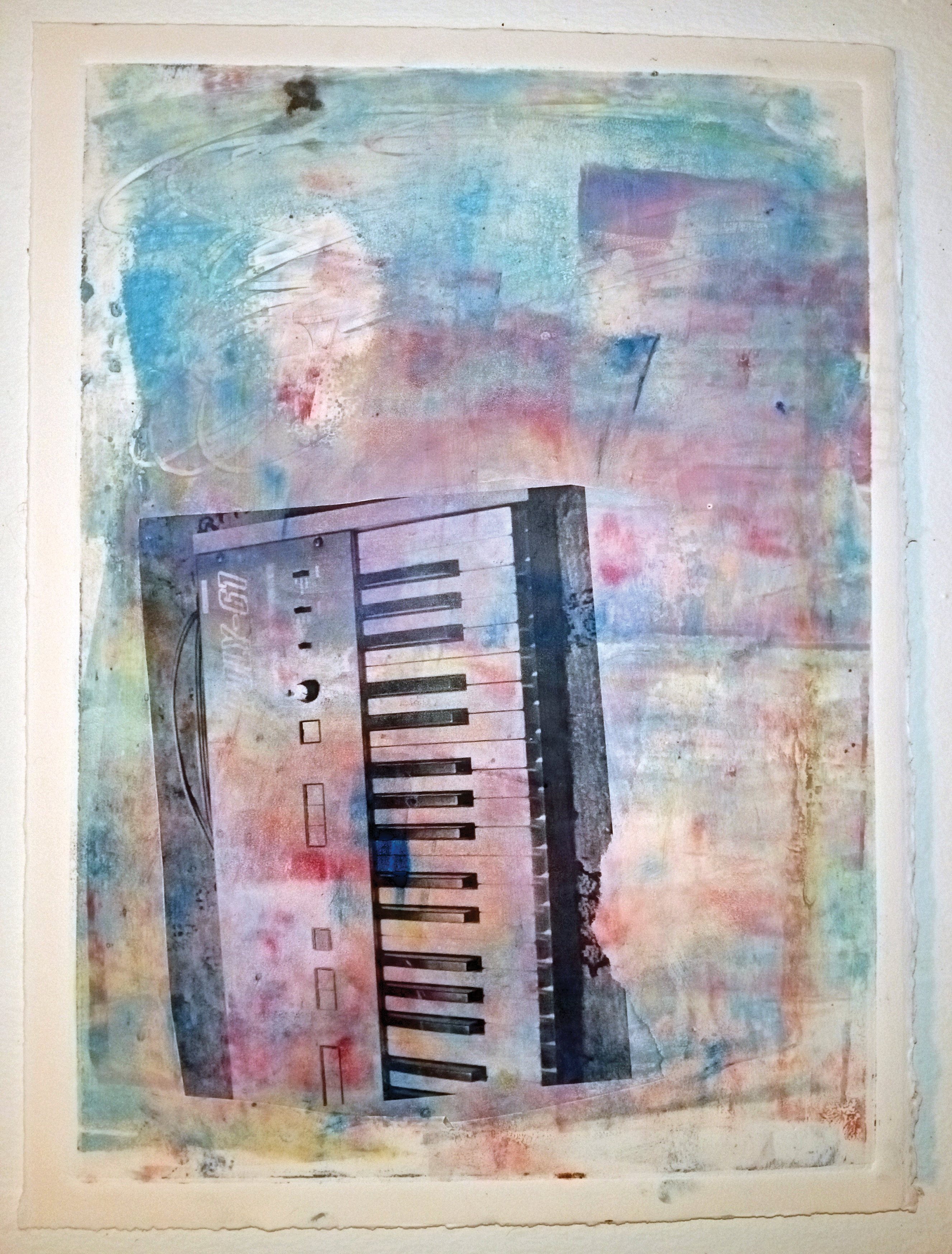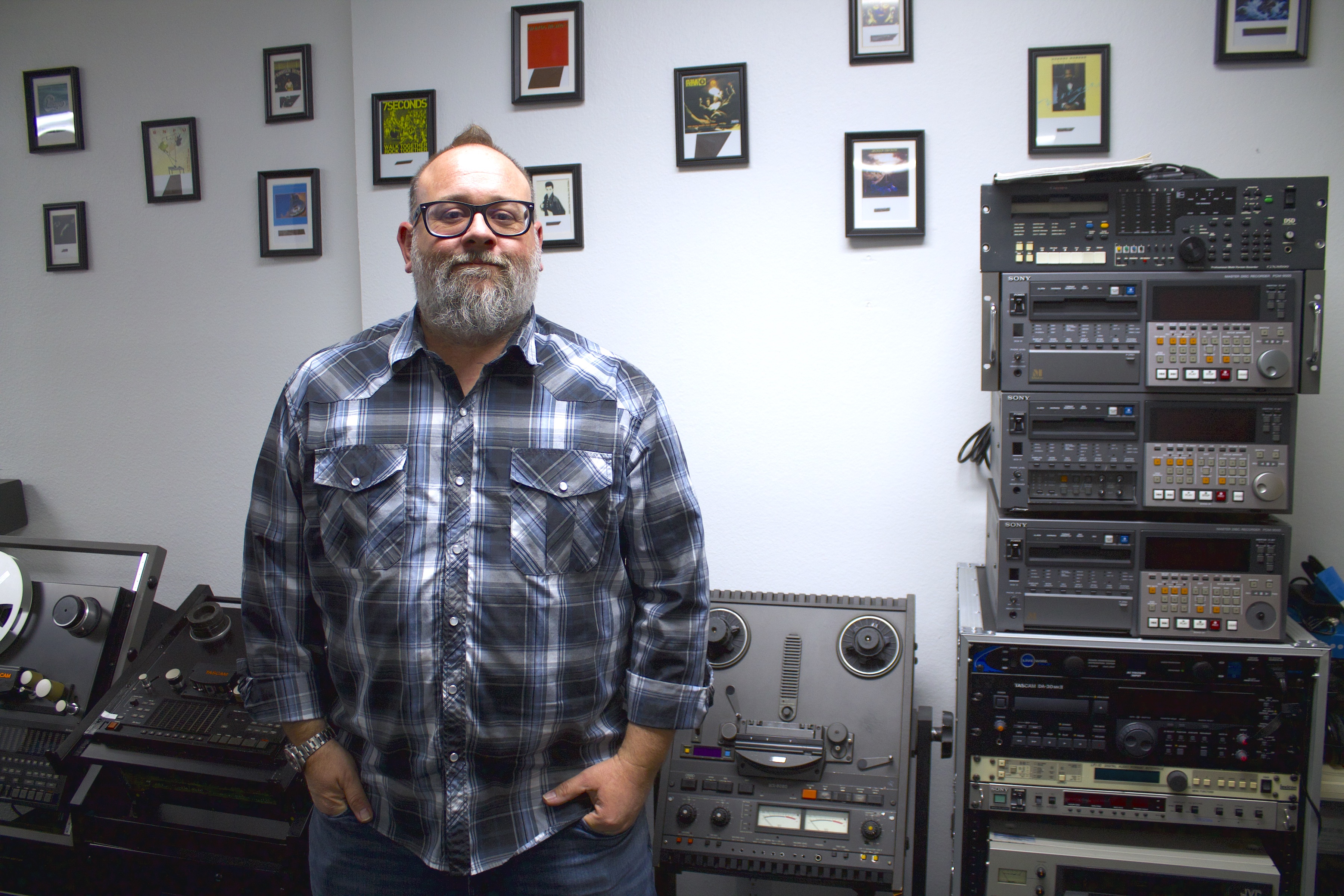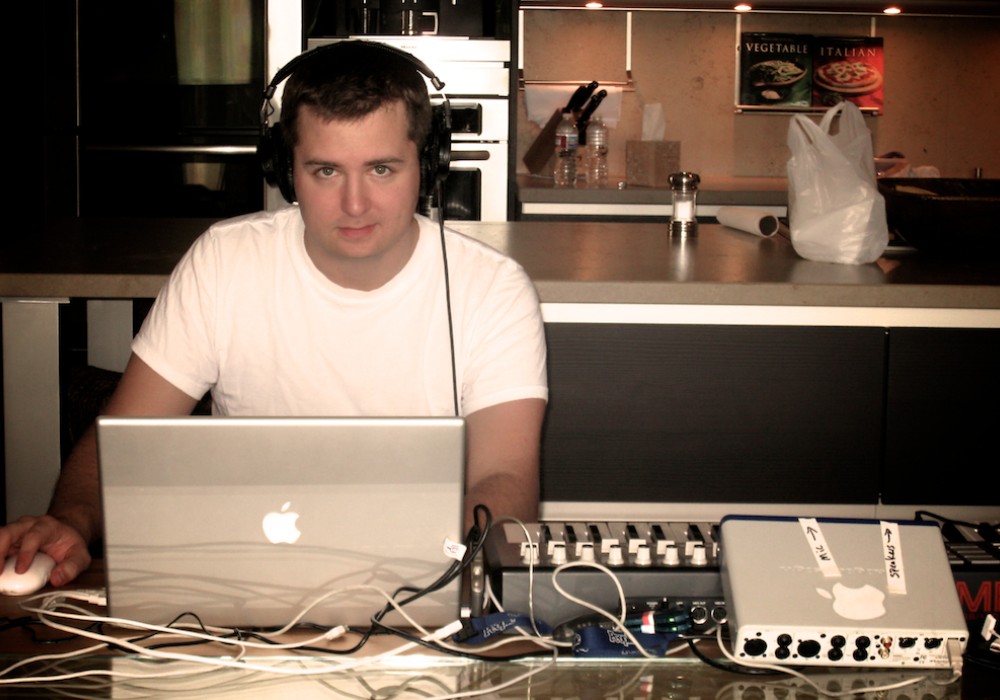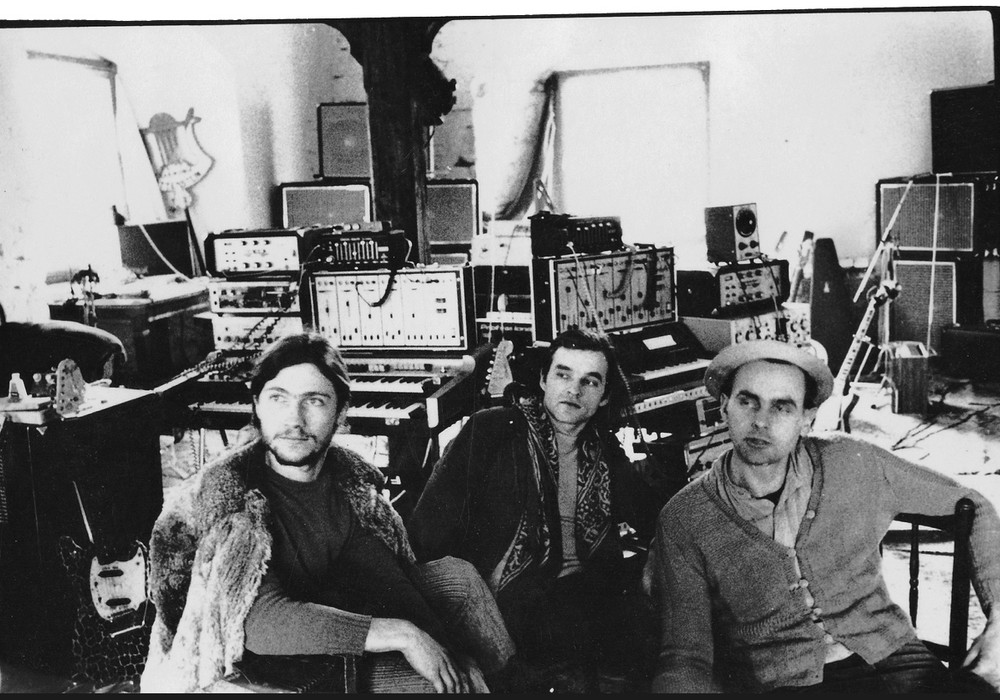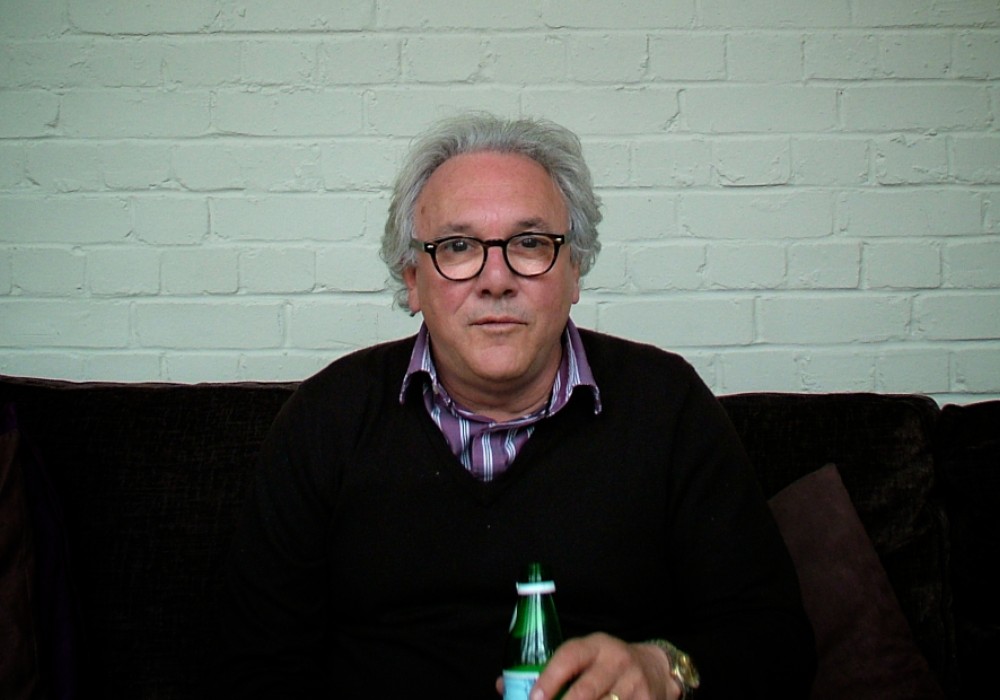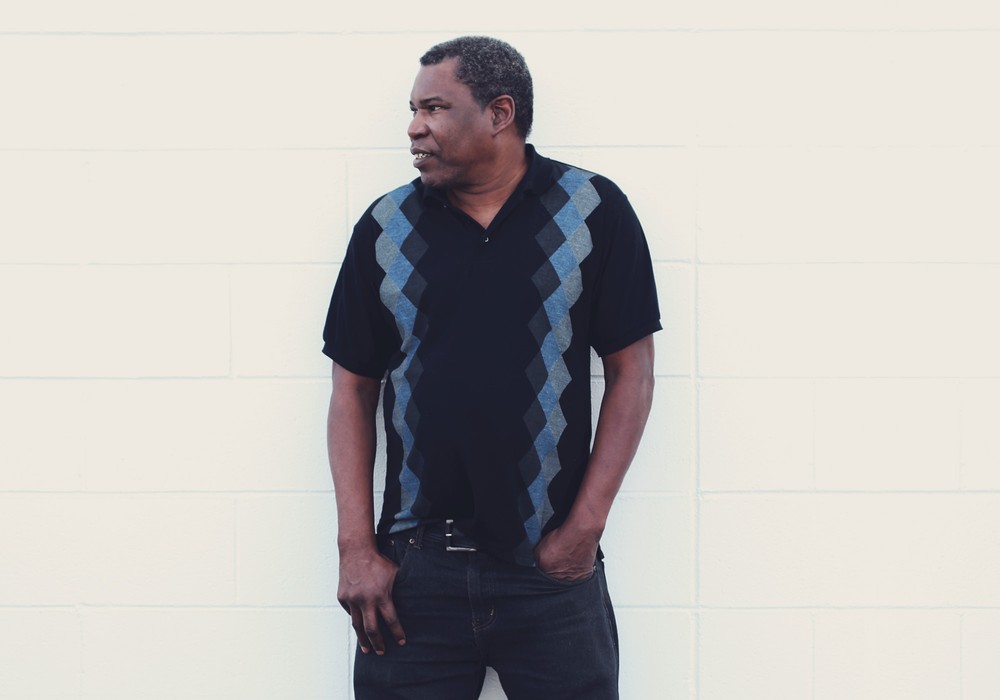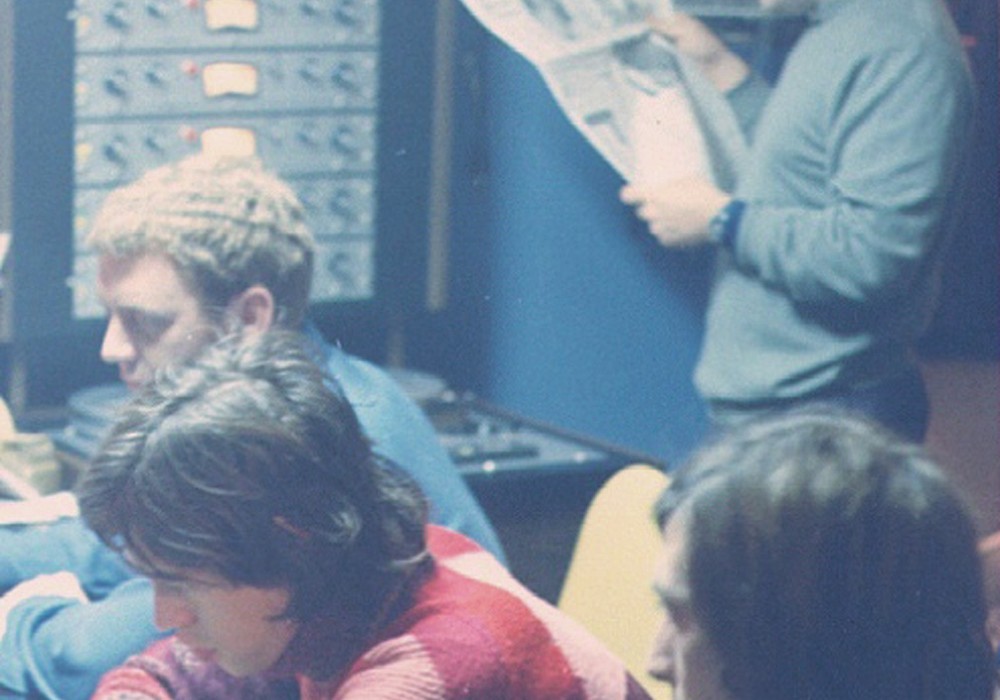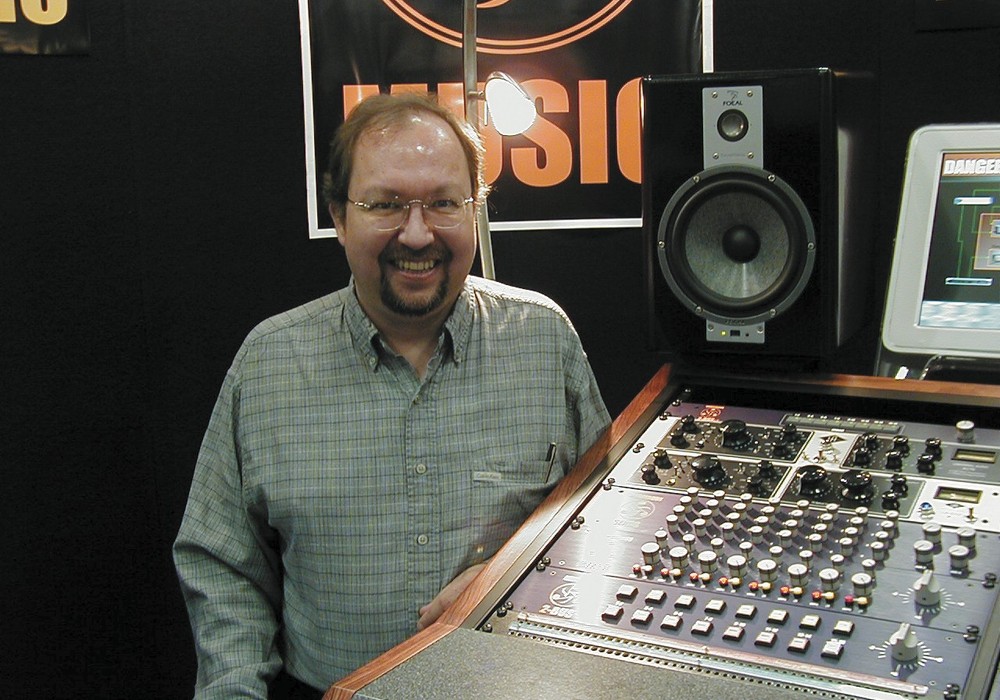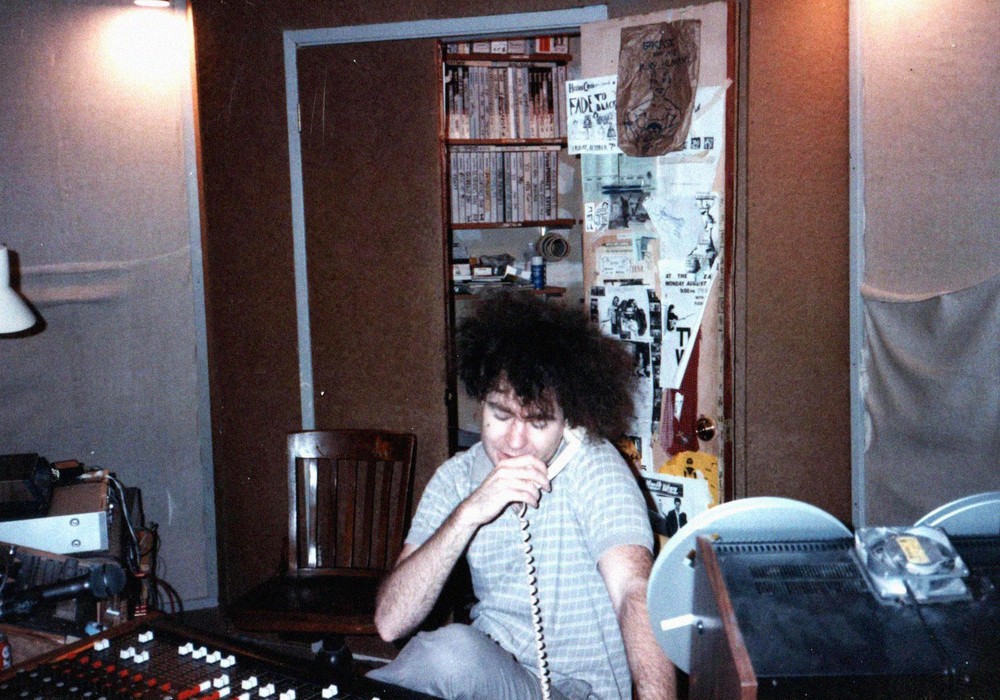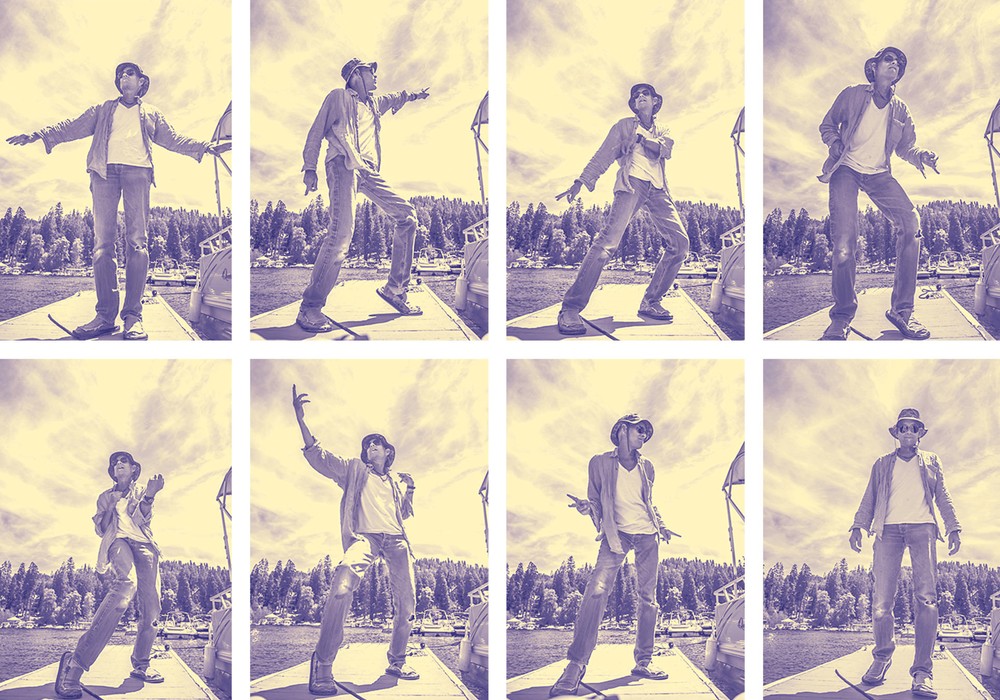In a nondescript office building out in Burbank, California, you'll find Audio Archiving Services, Inc. Run by Dan Johnson, these rooms are full of all types of audio playback devices, and Dan specializes in transferring audio via all these crazy formats. I first met Dan when he was at United Recording Studios in Hollywood, running their archival room. I've sent a number of clients to him with tapes in formats I can't play back, and his work is stellar and meticulous. I decided it'd be fun to drop in and talk to him about this work.
How does one end up as an archiving specialist?
That's a good question. I actually started in the United building when it was Ocean Way [Recording], back in '98. Right out of recording school, I did an internship there. Most of my time was spent in Sherman Oaks at Record One [part of the Ocean Way Recording Group at the time]. It was a good starting place, because I got to see all the best engineers, producers, and artists in the world. They all came there. Everything was top notch. At that point in time, we were still using tape. The Sony PCM-3348 [Multitrack Digital Recorder] was hot shit back then: Digital 48-track on 1/2-inch tape. I cut my teeth on analog and digital tapes, which, for what I'm doing now, was very fortunate. I worked there for several years, then I went to Capitol Studios [#114] and worked there for a bunch of years. We were still using tape, and then one day all the tape machines were in the hallway and every room had a Pro Tools rig! It was a switch where it was tapes out, Pro Tools in. I loved working at Capitol, but it was difficult to move up because it was a union shop. It was really hard to become a full-time assistant at Capitol, because the main assistants had been there for decades. They would not give up the seat, which I don't blame them. They had good benefits, and they were getting good pay. After Capitol, I decided to go freelance; but unfortunately it was 2008, when the economy collapsed.
You were hoping to be more of a freelance engineer?
Exactly. Tracking, mixing, and that kind of thing. I was looking for work and doing projects here and there. In 2011, a friend said, “Hey, I know somebody who's a vendor for Warner Bros., doing archives.” I asked, “What the hell are archives?” He said, “Remember when we used to do tape transfers over at Capitol for Guitar Hero?” I replied, “Oh, yeah. I can do that.” So, I got a part time job doing Warner Bros. archives work for a vendor. This guy was actually a mastering engineer for Warner Bros., but he had a side business doing transfers. Before then, Warner Bros. had various people doing archives, and there were no standards for it. They did about 2000 titles and then they started getting complaints from the end users who would get the archive and go, “This sounds like hell,” or, "Something's weird with this," after they were transferred. So, Warner Bros. said, “We have to redo everything.” They came up with standards and a way to do things. So, that's how I learned how to do archiving, by using the updated Warner Bros. standards. That was the best place to learn it. Looking back on it, and seeing other people's work right now, it was the highest standard out there and probably still is to this day.
In what ways?
How the machines should be calibrated. How to do noise reduction. It was very meticulous, which was great. I started part-time. Within a couple months I became chief engineer, and I did that for about five or six years. The first thing I did was The Ramones' catalog! After that job, I got a call from United. They were looking for more avenues to make money. They said, “We heard you're the guy for archiving. Do you want to come work for us?” It was a big pay bump. I had to build the room out and I had to buy all the machines.
Did they give you a budget to work with?
Yeah, but we ran into an issue. We bought a Studer A 827 Gold Edition [reel-to-reel deck] from a guy in Nashville, but the guy took our money and never gave us a tape machine. They said, “We're not using third parties. We're not going to eBay or Craigslist.” It had to be through Guitar Center, Vintage King, or some reputable dealer. You can't go to a Guitar Center and buy a Studer A 827! I ended up using my own money and buying...
